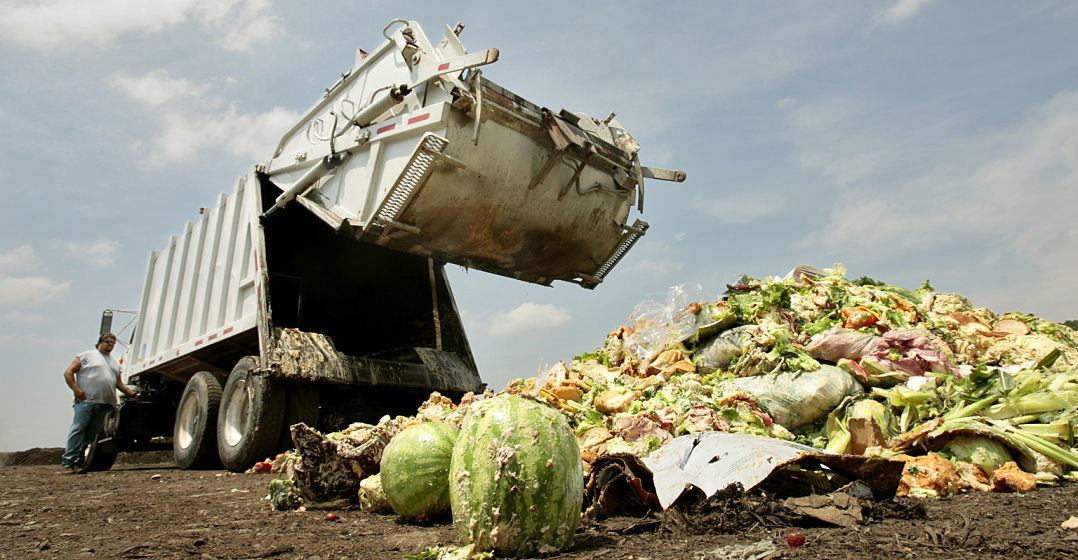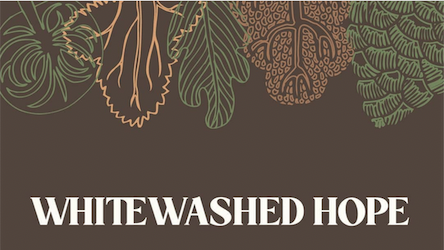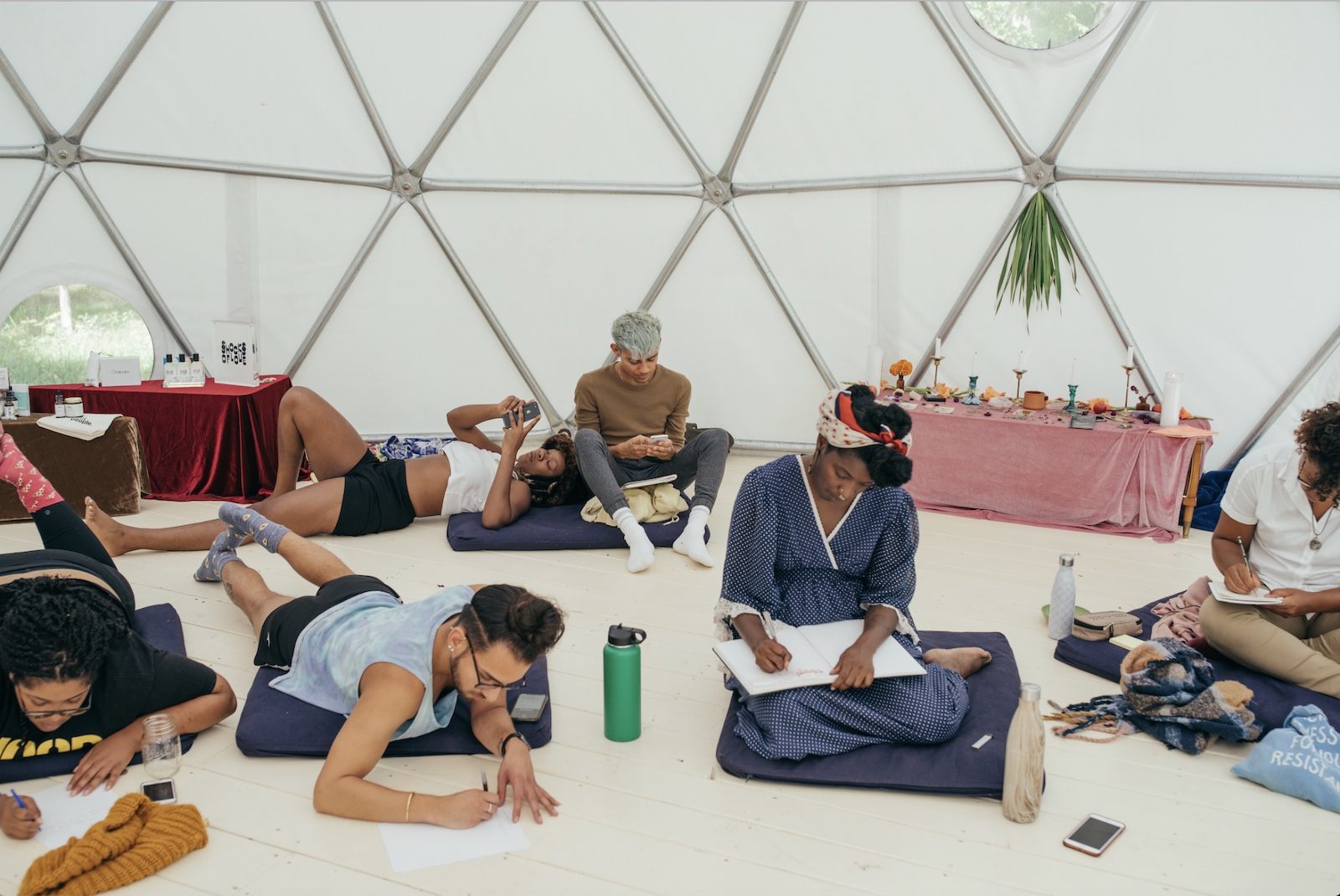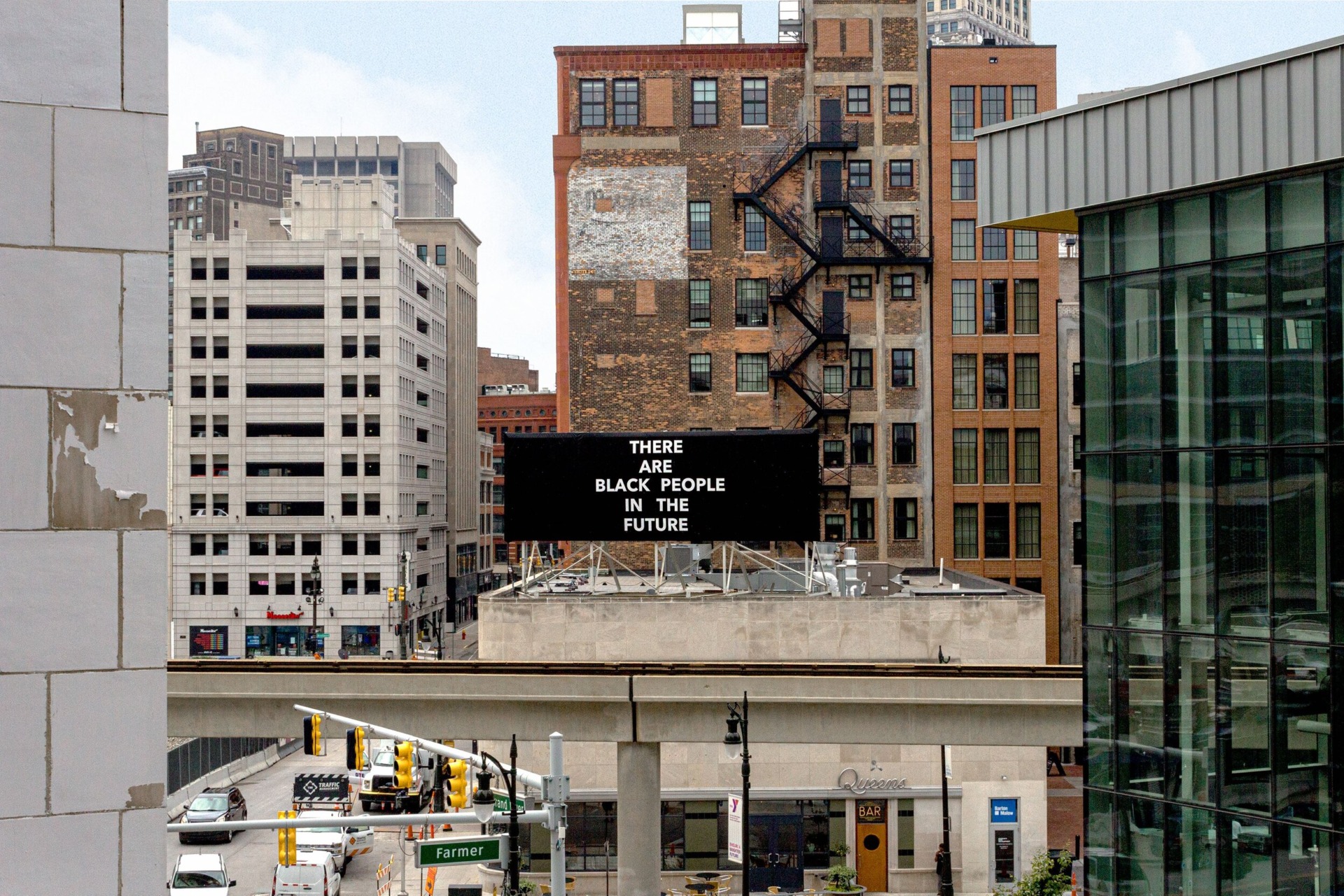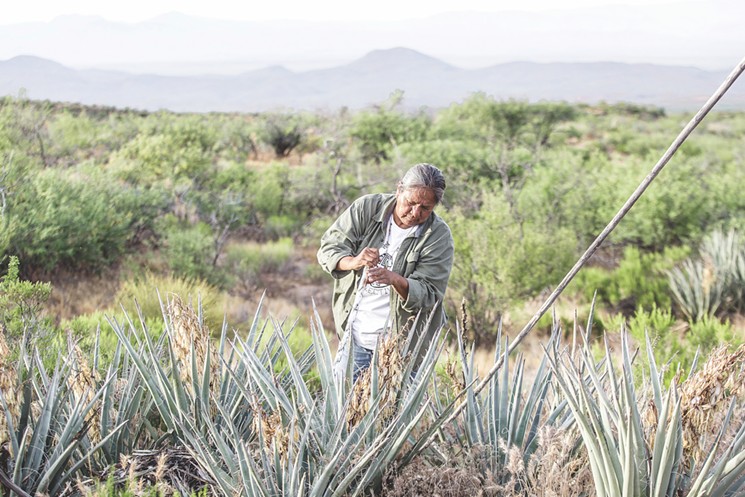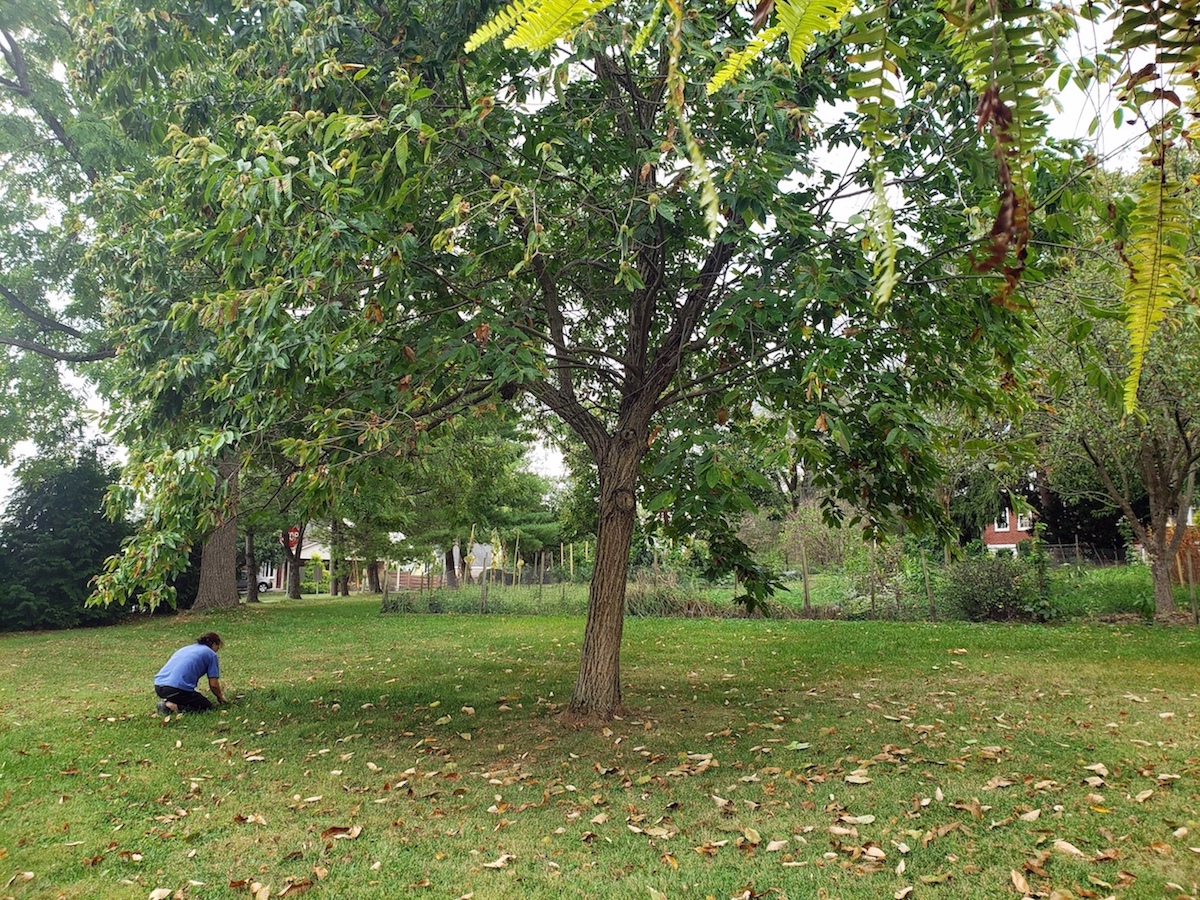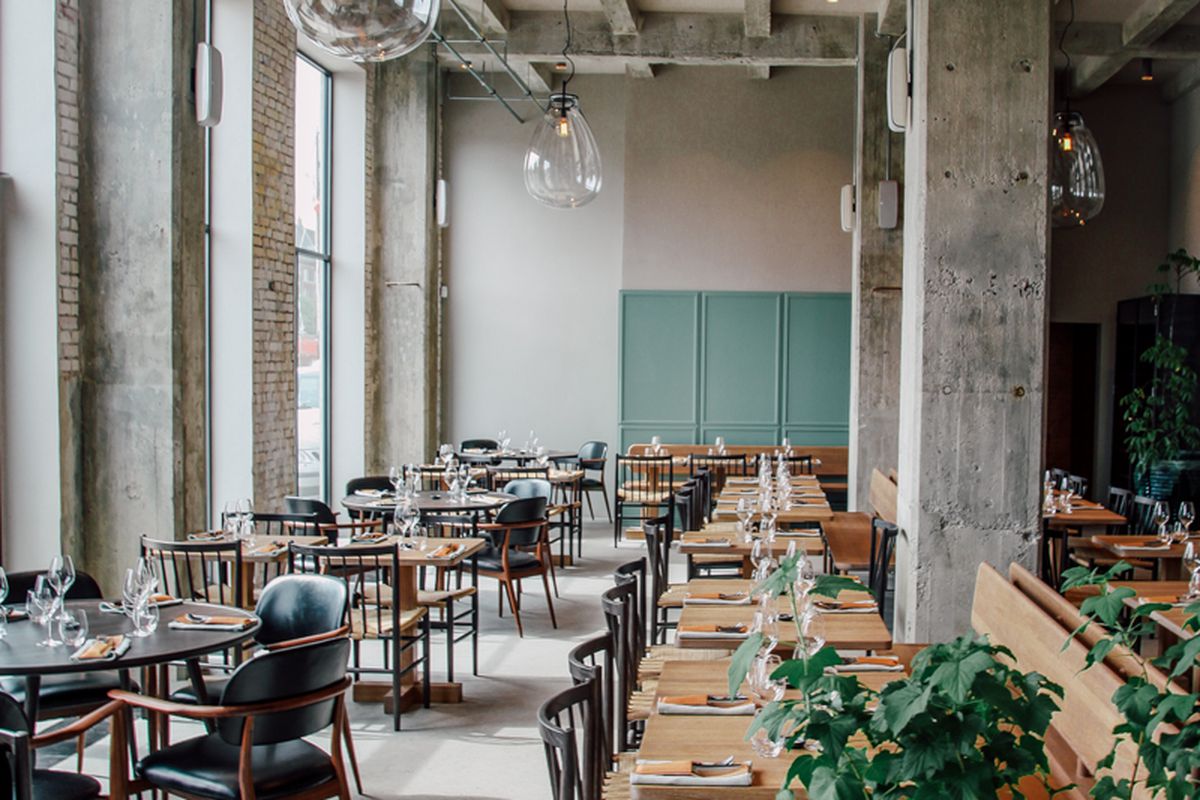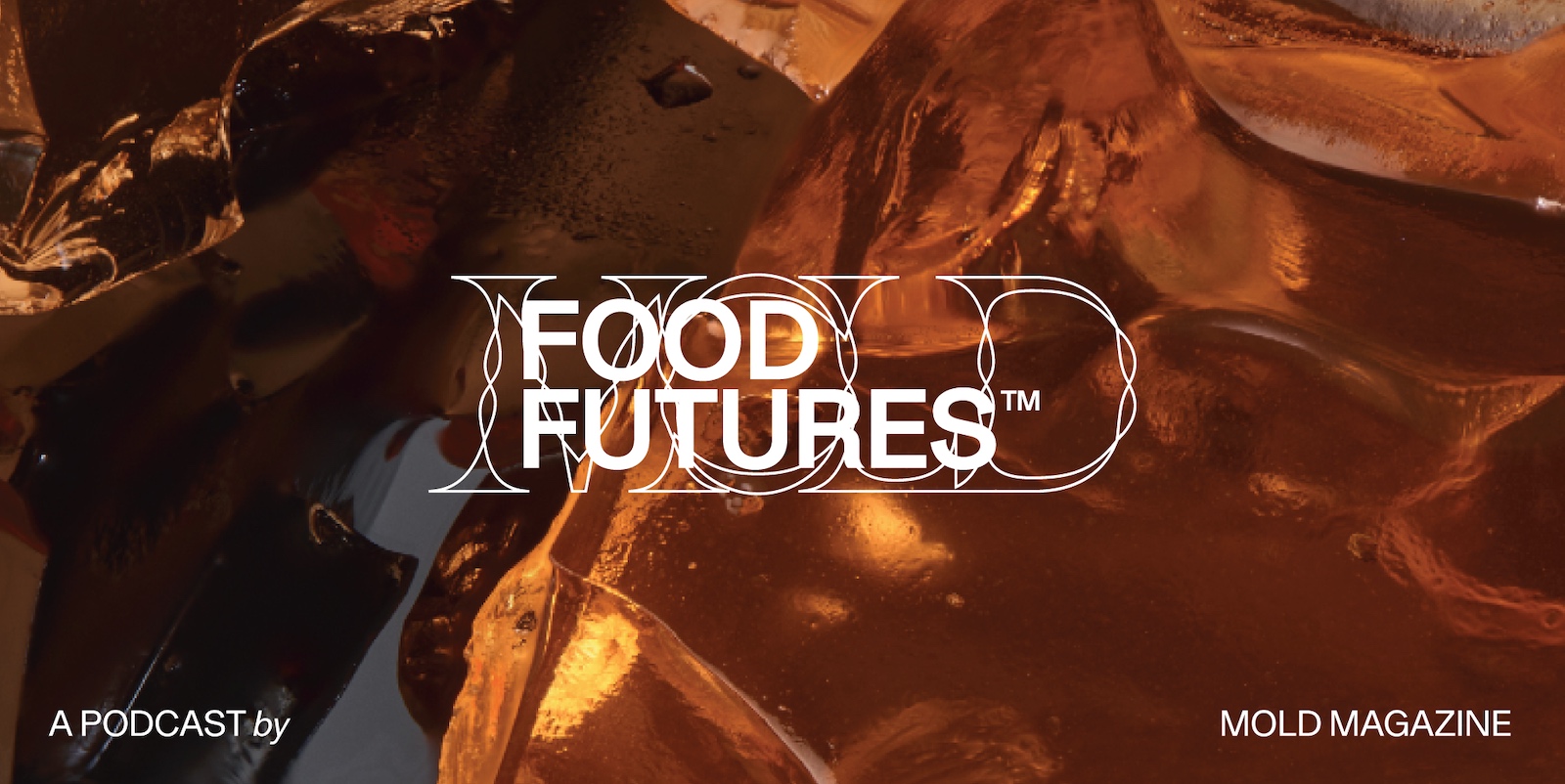One of the coming challenges of producing enough food to sustain our exploding global population is how much food is wasted each and every day. In the United States alone, 30% of the food we produce ends up in the garbage can representing a “massive social, environmental and economic loss.” IDEO, the design innovation consultancy, is rallying their global community through the newest OpenIDEO challenge on food waste. Through a five-part open-sourced design process, the team leads at OpenIDEO are guiding participants in a process of co-creating product-driven solutions.
Currently, the challenge is in the “Ideas” phase where they are crowdsourcing ideas from innovators around the world. Ideas should reduce food waste, be innovative, human-centered, think big and smart and focus on relationships. After an iterative refinement phase, top ideas from the challenge will be evaluated by challenge sponsors (including the Rockefeller Foundation), an advisory panel and other collaborators. Additionally, the Closed Loop Foundation will offer $25,000 to qualifying Top Ideas and fast-track them for consideration of additional funding as part of their Food Waste Innovation and Solution Search.
In the first month of research a number of interesting themes emerged:
1) Spark Waste Movements: Around the world, social innovators are organizing their communities at a local level. How can design support innovators to scale their interventions?
– Activate local communities
– Create food-share networks for local communities
2) Waste Means Business: Food waste is being repurposed as business opportunities. How might we support new business ventures around repurposing food waste?
[See our story on Chef Dan Barber’s fine dining popup wastED]
– Repurpose scraps to create new foods
– Re-imagine throwaways as business opportunities
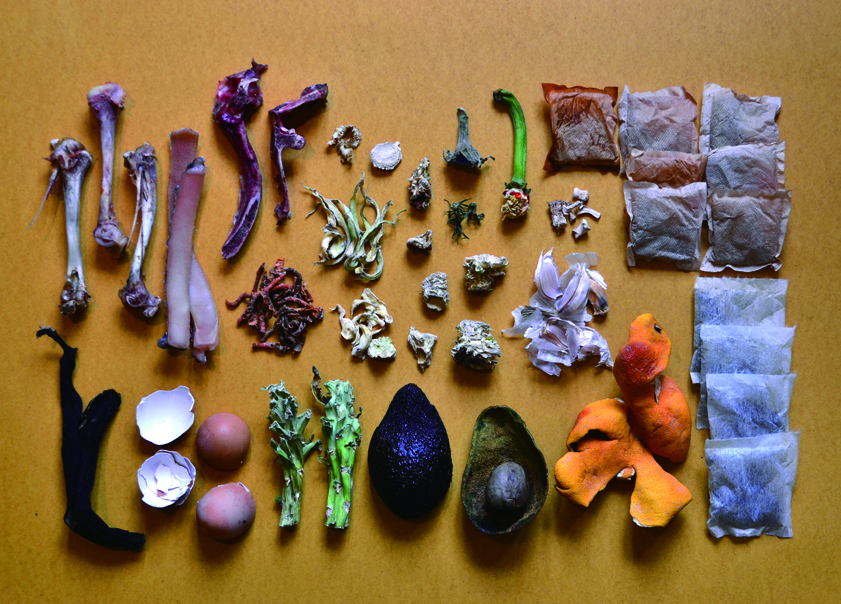 Kosuke Araki transforms food waste into tableware
Kosuke Araki transforms food waste into tableware
3) Change Our Ways: How might design help us re-imagine our personal relationship with food to adopt a more frugal mindset around eating?
– Challenge social norms surrounding food waste
– Portion control
4) Share Your Meal: Every effort to reduce food waste also creates opportunities to fight hunger. How to collect and redistribute surplus food to tackle food insecurity?
– Share a meal with someone in need
5) Set the Bar: Reducing food waste starts with defining what good waste management looks like. How might we develop new benchmarks and measurement tools to help companies improve their waste management practices?
– If you can measure it you can improve it
– Incentivize business to cut back on waste
6) Storage and Packaging: Modern day consumer packaging and in-home refrigeration have increased shelf-life of foods but lowered awareness of buying only what we can eat. How can we design smarter consumer packaging and storage methods?
– rethink consumer packaging of food
[See our story on Original Unverpakt, a packaging-free grocer in Berlin]
– Reimagine how produce is stored at home
[See our story on Lund University’s food storage solutions for tomorrow]
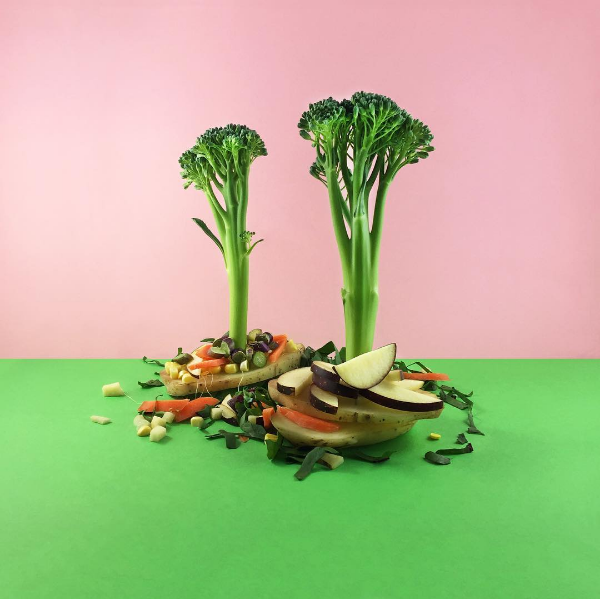 Mundane Matters creates unusual food photography ways to change our relationship
Mundane Matters creates unusual food photography ways to change our relationship
7) Explore New Ways: The boundaries of waste managment are being pushed by emerging technologies and processes. How might we incorporate new trends and technologies to re-imagine new possibilities for reducing food waste?
– Build on emerging trends to prevent waste
– Design unique experiences to raise awareness
It’s not too late to enter your ideas for consideration. The Ideas phase of the OpenIDEO Food Waste challenge ends September 16th.
